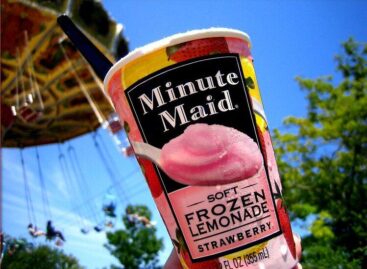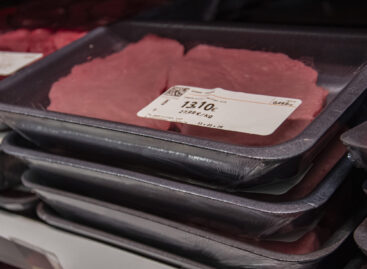The cola cups of the Olympics were severely criticized
The organizers of the Paris Olympics promised the greenest games to date, but the reality differs from expectations. Environmental organizations have criticized the event, especially for the use of plastic by Coca-Cola as the main sponsor.
Coca-Cola is the exclusive beverage supplier of the Olympics and Paralympics, providing a total of 18 million drinks. According to the company’s announcement, more than half of the drinks are dispensed without plastic, from beverage machines, but where this is not possible for technical or logistical reasons, plastic bottles are used. This contradicts French laws, which prohibit the distribution of single-use plastic bottles in public places, but the Olympics were exempted, reports Telex.
According to environmentalists, repo fires are also a problem. The reusable glasses, produced in 13 million pieces and costing two euros, are too decorative and many people take them home as souvenirs, so they do not return for reuse. The Guardian reports that many fans didn’t even know they had received a reusable cup.
According to Nathalie Gontard, research director of the French National Institute for Agriculture, Food and Environmental Research, transferring from bottles to glasses is not an appropriate way to deal with plastic pollution. Gontard believes that drinks machines should have been used at all venues and glasses should have been washed and reused on site.
Health experts also criticize Coca-Cola for promoting its unhealthy, sugary drinks at sporting events. Trish Cotter and Sandra Mullin of global health group Vital Strategies say these drinks contribute to obesity, diabetes, high blood pressure and heart disease.
Related news
How Coca-Cola plans to build more billion-dollar brands
🎧 Hallgasd a cikket: Lejátszás Szünet Folytatás Leállítás Nyelv: Auto…
Read more >Related news
GDP growth in OECD member countries slowed to 0.3 percent in the last quarter of last year
🎧 Hallgasd a cikket: Lejátszás Szünet Folytatás Leállítás Nyelv: Auto…
Read more >Change in Rossmann Hungary’s leadership: Kornél Németh decided to move towards new challenges in 2026
🎧 Hallgasd a cikket: Lejátszás Szünet Folytatás Leállítás Nyelv: Auto…
Read more >








